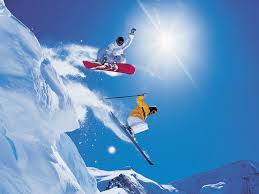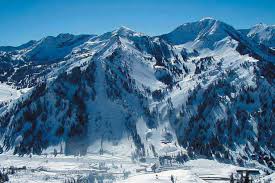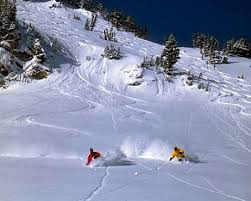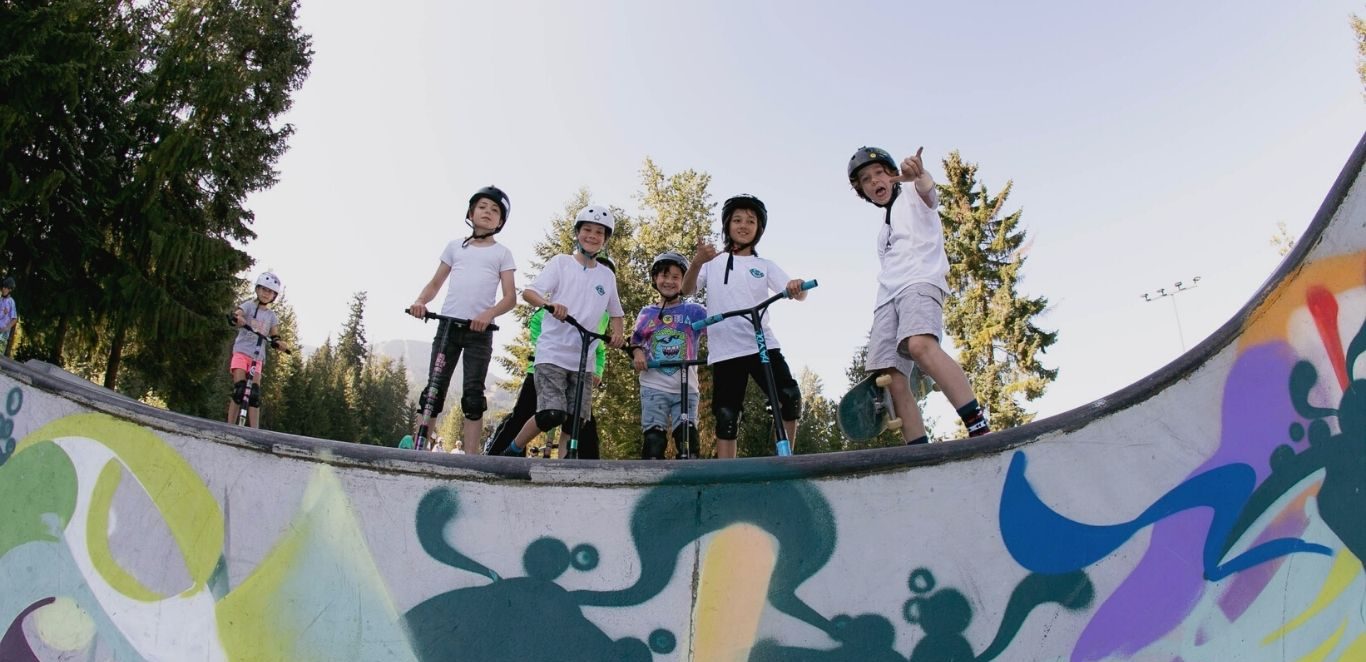You’re a snowboarder – you glide down the vertical, carving from toeside to heelside as you float over the fresh pow.

You see a skiier in front of you and instinctively weigh the options: “Will I pass them on the inside or on the outside?” You analyze their form, their speed, and their likelihood of making a sudden stop or a sharp turn that might cut you off. You approach the skiier with caution while preparing to alter your route when they align with your path.
And then you whisk by them like a boss and disappear down the run. The skiier is left them shaking their head, thinking you came way too close for comfort. “Stupid Snowboarders”

Was it a close call? Maybe. Were you at fault? You might have been. The skiier may not understand the maneuverability of snowboarding, or they may not have trusted your agility as a boarder – but also, you could have simply made a dumb call in deciding to give them a stir. Regardless of whether they were out of line, or you, there is a clear rivalry between these two snowbunnies.
This Skiier vs. Snowboader rivalry has been growing as snowboarding gains traction and more and more athletes are hopping on boards. This rivalry is so big that some ski areas have even BANNED Snowboarders from the hills. These exclusive ski resorts have caused quite a stir.

Alta Ski Area(Utah), Deer Valley(Utah), and Mad River Glen(Vermont) are three of North America’s Ski-Only Resorts. Alta Ski Area is the only resort of the three which is on public lands. For this reason, the controversy has blown up and gone to the courts over the past couple of years.

Read about the on-going court debate that has arisen from the ski-only policy in effect in Alta, Utah.
Alta Ski Area’s Snowboarding Ban
In the mountains east of Salt Lake City, Utah’s Alta Ski Area has had a Snowboarding Ban in effect for several years.

In January of 2014, four snowboarders joined together to battle the policy. This group of snowboarders, known as the Wasatch Equality , filed a lawsuit against the ski resort. Their claim was that the snowboard ban was a breach of the 14th amendment in the Constitution. Basically, they claimed that this policy was a form of irrational discrimination.

The four snowboarders had unknowingly bought tickets to the ski resort. They had been turned away when they attempted to board the chairlift. One of the four mounted the chairlift on a splitboard, but was later told to leave the mountain.
Alta argued that this case “demean[ed] the Constitution itself”. They argued that as snowboarding is a choice, and not a pre-determined state, it is not protected by the Constitution. U.S. District Judge Dee Benson also did not agree with the arguments set out by the Wasatch Equality. He said goodbye to the case and had it dismissed in September 2014.
Snowboarders are now fighting back, asking for an appeal.

Check out these good reads about the topic here:








